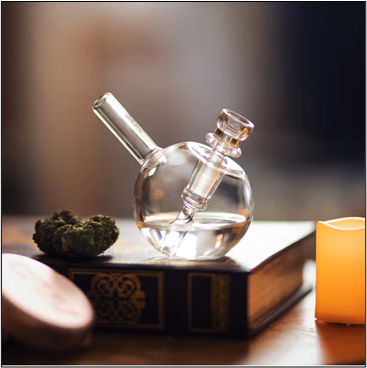 Cannabis (hemp) is one of the oldest useful and ornamental plants on the planet. People have been using this plant for ages, as ropes, cooking oil, essential oil and, of course, toxic substances can be made from this raw material. The number of consumers is constantly increasing (felt). It is not only teenagers who are using more and more hashish and marijuana. With the introduction of medical cannabis in states, the positive properties of the plant are increasingly being demonstrated in people of all ages.
Cannabis (hemp) is one of the oldest useful and ornamental plants on the planet. People have been using this plant for ages, as ropes, cooking oil, essential oil and, of course, toxic substances can be made from this raw material. The number of consumers is constantly increasing (felt). It is not only teenagers who are using more and more hashish and marijuana. With the introduction of medical cannabis in states, the positive properties of the plant are increasingly being demonstrated in people of all ages.
But what is in the liquids that are becoming more and more popular? Are these products all illegal? “ask many interested smokers.
CANNABIS IS NOT JUST THC
The intoxicating and really banned substance is the Δ9 tetrahydrocannabinol (THC) contained in hemp – one of several hundred individual active substances in the cannabis plant.
Hemp varieties with a very low THC content of less than 1% can be grown as industrial hemp without major problems, provided the crop is declared to the Federal Agency for Agriculture and Food, which is the competent authority.
But THC is not the only one of the 80 or so different cannabinoids present in hemp. Cannabidiol (CBD) is also relaxing and beneficial in many ways. But beware: CBD can interact with antidepressants, which can significantly reduce your well-being. You can find a detailed and documented report on the interactions of CBD with antidepressants here.
CANNABINOIDS IN LIQUID FORM ARE NOT INTOXICATING
Unlike THC, CBD is not intoxicating. Nor is it addictive. Because this is considered proven, there is no ban on the substance making CBD liquids completelylegal.
DIFFERENT COUNTRIES, DIFFERENT LAWS
While German or European “cannabis liquids” are legal products containing the cannabinoid CBD, which is legal and safe for health, the situation is different in some American states.
A short visit to a trusted doctor and the mention of an occasional headache is often enough to get permission to buy the “drug” and the medicine.
CBD regulation
All CBD companies will have to submit an application for a new food approval. If the product does not have a valid application, it will not be allowed to remain on the market.
Indeed, some companies have been found to be misleading the consumer. Not only do some contain much lower levels of CBD than indicated, but others contain illegal levels of THC.
These new regulations will help increase consumer confidence in the products. In the meantime, to find trustworthy CBD sellers, simply ask to see a third-party certificate of analysis.
Current laws state that every CBD product must:
- Not make medical claims
- have ingredients on the label
- Be within the legal limits of THC
- Have the manufacturer’s details on the label



Leave a Reply